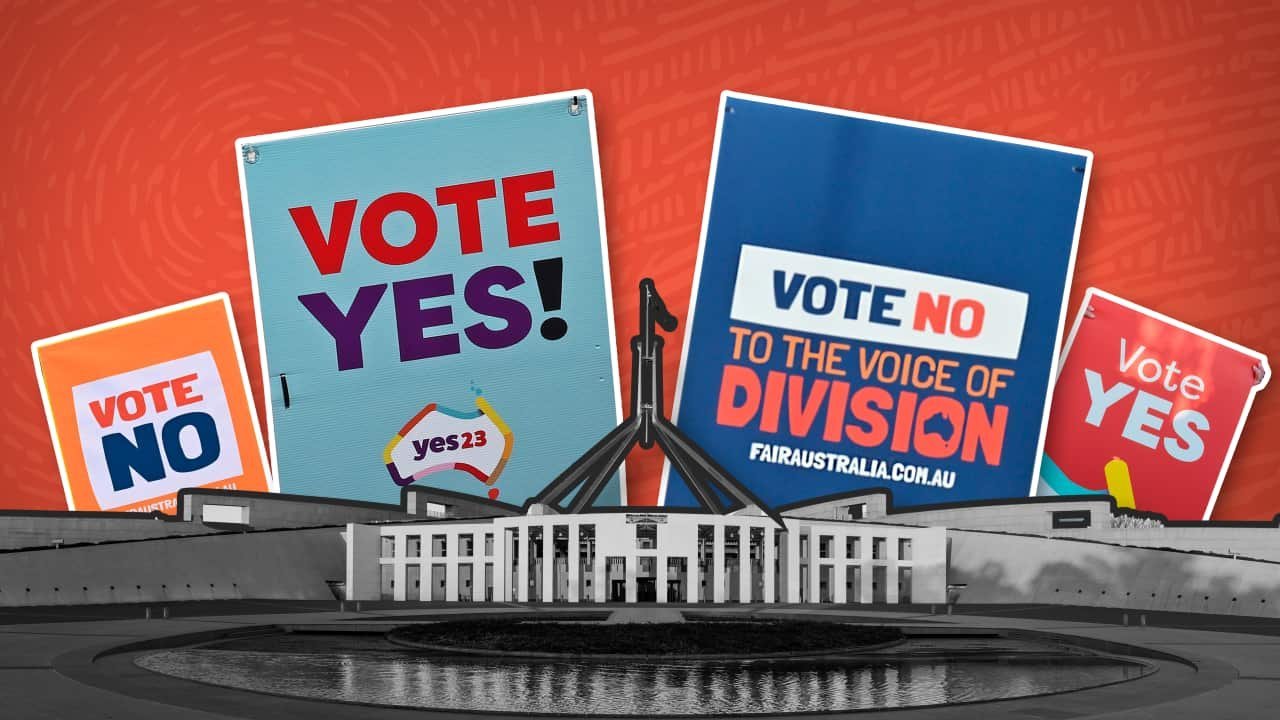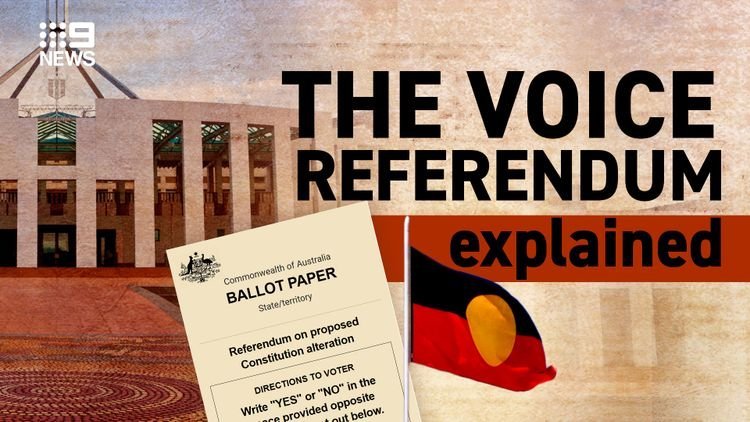Two Years On, the Fight for an Indigenous Voice to Parliament Rages On: “Deep Learning” from Referendum Defeat Fuels New Wave of Change
- Advocates mark two years since the referendum defeat, but say it sparked a national conversation about Indigenous rights
- State-based truth-telling and treaty processes are making progress, but inconsistencies remain across the country
- The Uluru Dialogue co-chair says the referendum loss didn’t close the door on national reform, with change taking time and persistence
It’s been two years since Australians rejected the referendum for an Indigenous Voice to Parliament, but advocates remain undeterred in their mission for change. According to Allira Davis, co-chair of the Uluru Dialogue’s youth arm, the referendum may not have achieved its desired outcome, but it created “millions of conversations” around the country.
“The Referendum campaign didn’t just ask people to vote for constitutional change: it created millions of conversations,” Davis said. “People who have never thought about certain parts of Australia’s history, or about how power is distributed, or about who makes decisions for First Nations people, are now having these important conversations.”
Despite the national setback, Davis believes the referendum loss has sparked a new wave of change at the state level. Victoria’s Yoorrook Justice Commission, for instance, is a shining example of what truth-telling can look like when taken seriously. The commission’s findings have paved the way for treaty negotiations, which Davis says are critical for the future.
In a heartfelt statement, Uluru Dialogue co-chairs Pat Anderson and Megan Davis lamented that “First Nations people still have no voice, and this manifests in the relentless and unyielding gap in disadvantage.” They added that “many mobs are still struggling with the fundamental building blocks of a dignified human life — housing, water, electricity, and violence to name a few.”

However, the progress made in some states is not consistent across the country. Queensland, for instance, abandoned its truth-telling inquiry after a change in state government in 2024. Davis warned that these processes must be protected from politics, properly resourced, and allowed to do the deep work of healing and truth.
Despite the challenges, Davis remains optimistic about the future, citing the 2017 Uluru Statement from the Heart as a guiding light for reform. “Even though the Voice didn’t succeed at a national level, the truth-telling and treaty work happening across the states can help rebuild the foundation for future reform,” she said.
Change, Davis believes, takes time – decades, in fact. But as she poignantly put it, “history tells us it always begins with persistence.”

